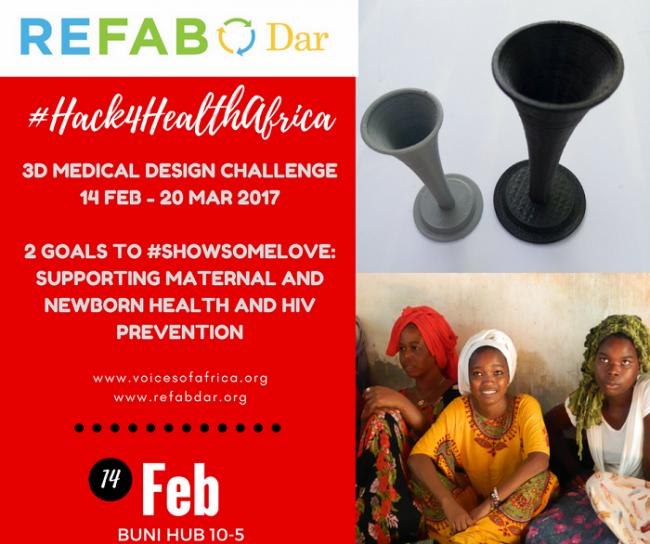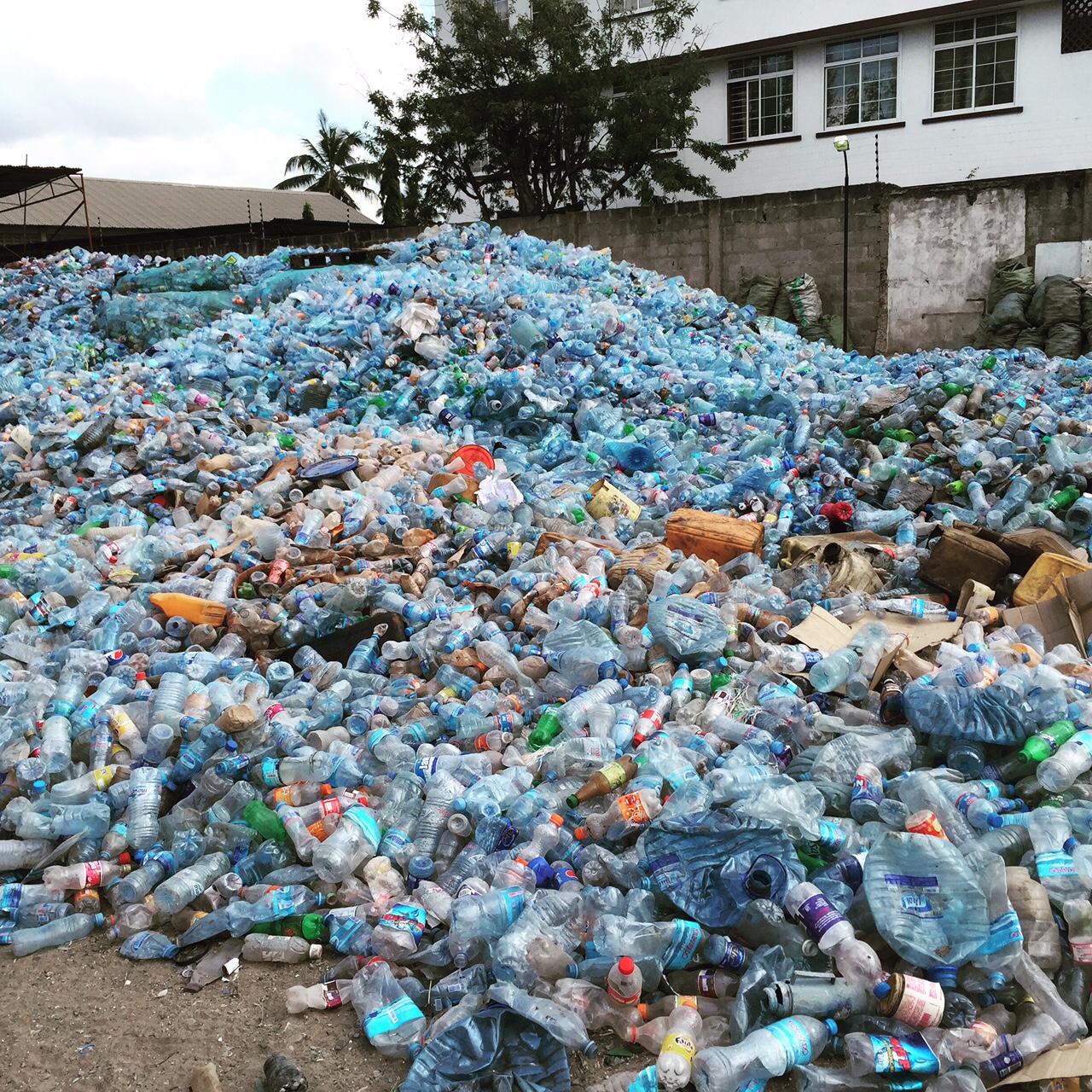African organization ReFab Dar are hoping to use 3D printing to create vital medical supplies in Africa and other developing countries. In order to do so they are working on a number of initiatives including a design competition for 3D printed medical tools.
The program’s main aim is exploring, “how plastic waste can power entrepreneurship using 3D printers in Tanzania.” ReFab Dar are currently recycling waste and turning it into 3D printable plastic filament. From this, they intend to create medical supplies, farming equipment and even research tools like microscopes. In this ‘Hack 4 Health’ challenge they are focused initially on the creation of HIV prevention and birthing equipment.
ReFab Dar are attracting attention with this program, including interest from Michigan Tech professor Dr. Joshua Pearce. Author of the Open Source Lab, Pearce champions open source projects like Hack 4 Health. Earlier this week, we asked to the associate professor about his recently co-authored a paper on how to make money with 3D printing.

ReFab Dar
The 3D printing program intends to drastically change the way we view plastic waste. Operating out of Dar Es Salaam, Tanzania, they say that over 400 tonnes of plastic is wasted everyday. Citing the opportunity provided by advanced technology like 3D printing, ReFab Dar are assessing the possibilities of re-purposing this waste into useful objects.
The filament created through this recycled waste can either be sold elsewhere or put to use locally to create vital tools and equipment. Presently, the program is focused on preventing disease through 3D printed medical supplies, but in the future they hope to fully revamp the medical tool supply chain. Preventing diseases in this way has been evaluated before with research into 3D printing to prevent the spread of Zika and Malaria.

Hack 4 Health
This design competition will run until March 20 and the winner will be announced on March 31. The winning team will receive $500 for their design and will have it tested by doctors. Hopefully, this project will further encourage the use of 3D printing in this field. Enabling remote areas in the developing world free access to medical supplies and more.
Sign up to our newsletter for the latest 3D printing news.
Featured image shows 3D printed medical tools. Photo via iLab in Haiti.



